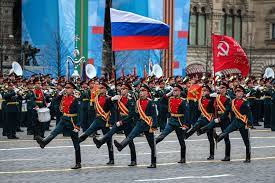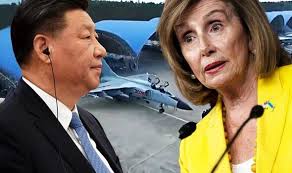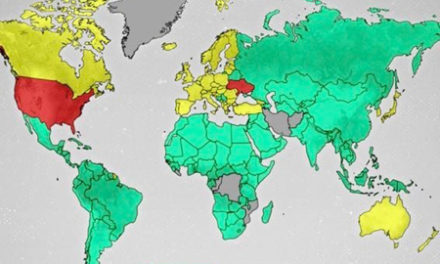The Struggle as LGBTQ Rights has long been prioritised ahead of Human Rights Violations.
Introduction
Recent events in Uganda and Turkey have highlighted the ongoing pushback faced by the LGBTQ community as they took centre stage ahead of violations of human rights in different parts of the world.
Uganda’s passage of the Anti-Homosexuality Act 2023 and President Yoweri Museveni’s endorsement of the law has drawn international condemnation from left-leaning Western governments.
While newly re-elected Turkish President Recep Tayyip Erdogan’s vehement opposition to liberal Western ideology, including LGBTQ rights.
This article examines the implications of these developments and draws attention to the disparity in global priorities regarding human rights violations.
Uganda’s Anti-Homosexuality Act 2023
Uganda’s Anti-Homosexuality Act 2023, signed into law by President Museveni, has been widely criticized by Western left-leaning liberals, as they claim that they are severe measures targeting the LGBTQ community.
Although the law underwent revision to remove the proposed criminalization of mere identification as LGBTQ, it still retains the death penalty for “aggravated homosexuality,” including acts with minors, engaging in homosexual activities while HIV positive, and incest.
International human rights organizations and the United Nations Human Rights Office have denounced the law as draconian, discriminatory, and in violation of both the country’s constitution and international treaties.
While the same UN turns a blind eye to the detention and brutal treatment of people in detention with no right to a fair open and transparent hearing, as well as journalists that are attacked for not towing the corporate media line, of what is right or wrong to publish based on their corporate and political interests.
The repercussions of this legislation go beyond human rights concerns. Global health organizations, including the Global Fund to Fight AIDS, Tuberculosis and Malaria, and the Joint United Nations Programme on HIV/AIDS, have expressed alarm over the potential impact on Uganda’s progress in addressing HIV/AIDS. Furthermore, the United States has warned Uganda of potential economic consequences should the law be implemented, emphasizing the need for the protection of human rights and the promotion of inclusivity.
In response to these Western arguments, it should be acknowledged how the West itself demonised gay people in the 1980s calling AIDS the “Gay plague.”
The US again uses its playbook to threaten sanctions on a sovereign country while at the same time holding prisoners without trial and bringing charges on a journalist that only told the truth about crimes against humanity by the US military.
Turkey’s Opposition to LGBTQ Rights
In Turkey, President Erdogan’s victory speech was portrayed by Western observers describing his announcement as targeting the opposition, labelling them as supporters of the LGBTQ community.
Erdogan’s ruling party and its nationalist allies have consistently positioned themselves as defenders of traditional Islamic values, rejecting what they perceive as liberal Western ideology. Erdogan’s rhetoric reflects his opposition to the inclusion of LGBTQ ideology and his commitment to preserving what he and most Turkish citizens as sacred family values.
Turkey’s withdrawal from the Istanbul Convention in 2021, citing concerns about the unnatural normalisation of homosexuality, exemplifies the government’s rejection of LGBTQ rights. Erdogan’s government views LGBTQ ideology as an external influence that undermines Turkish morals and attempts to “ungender” society.
Contrasting Priorities: LGBTQ Rights and Human Rights Violations
The stark contrast between the global attention within the Western sphere of influence given to LGBTQ rights violations is evident in their condemnation in both the Uganda and Turkey decisions.
With the Westen Liberal community swiftly condemning Uganda’s Anti-Homosexuality Act and expressing concern over its impact on human rights, the violations occurring in US prisons, where detainees are unjustly held without their charges being heard, or the prolonged detention of Julian Assange, a prominent journalist, have received almost no attention.
This discrepancy suggests a need for greater consistency in addressing human rights violations across various contexts. The protection of LGBTQ rights in countries that believe in this ideology needs to be placed in perspective and more importance needs to be placed on addressing human rights violations without bias from Western ideologies.
Conclusion
The passage of Uganda’s Anti-Homosexuality Act 2023 and President Erdogan’s opposition to LGBTQ rights in Turkey reflects ongoing pushback against the LGBTQ community that has had Liberal backing that allows no opposing voice to be heard.
While global attention and condemnation have been directed towards LGBTQ rights violations, other human rights concerns such as unjust detention and the targeting of journalists have received less international scrutiny. The international community must address all human rights violations consistently and impartially, ensuring the protection of fundamental rights for all individuals, and not just rights for an ideology that has political backing.





